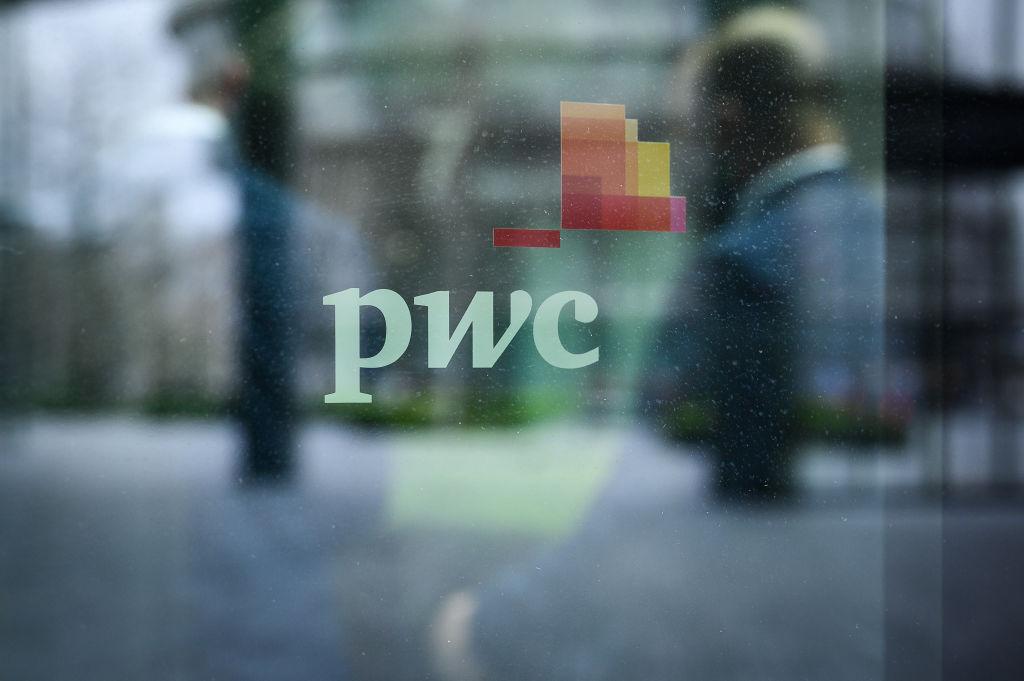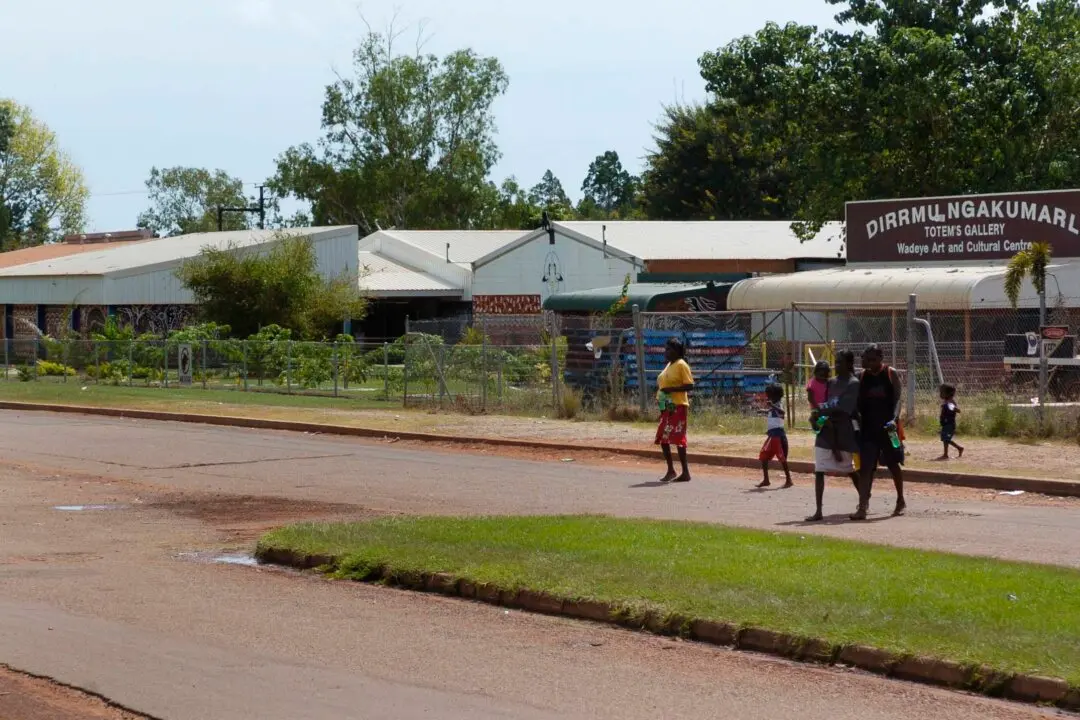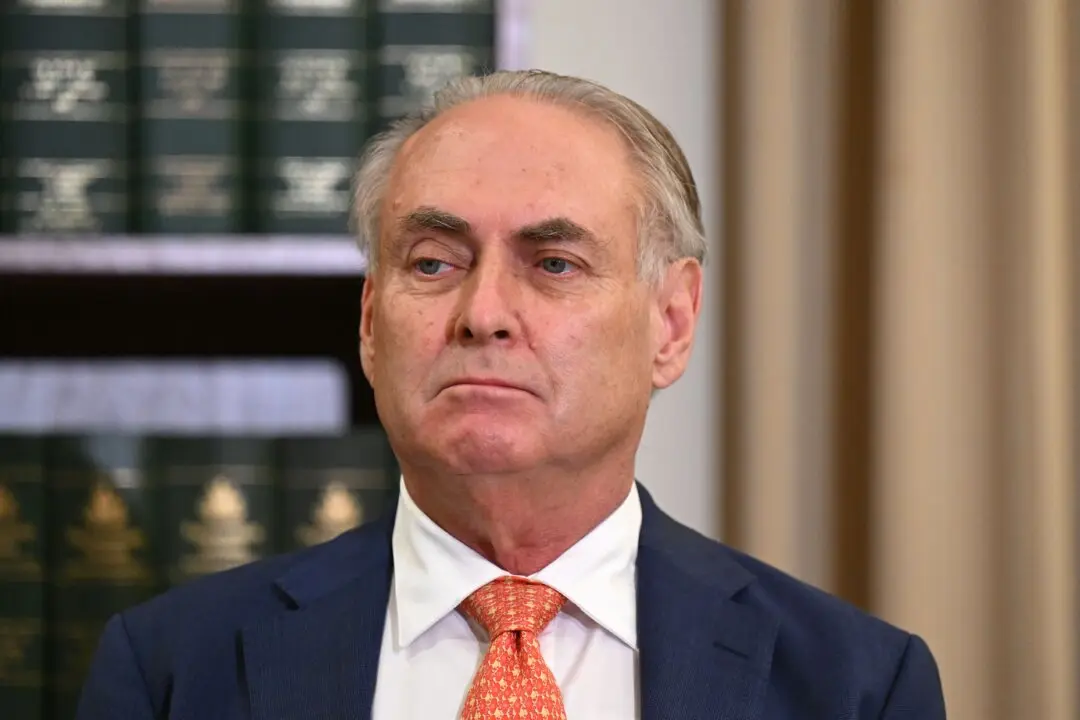Beleaguered accounting and consultancy firm PwC is considering its next steps after a judge ruled its attempt to forcibly retire partner Richard Gregg did not satisfy the firm’s own partnership agreement.
Gregg was told to retire amid the political fallout that followed revelations confidential Australian Taxation Office information had been shared with PwC’s private clients, which eventually resulted in wider scrutiny of the big four accounting firms and their attached consulting businesses.





